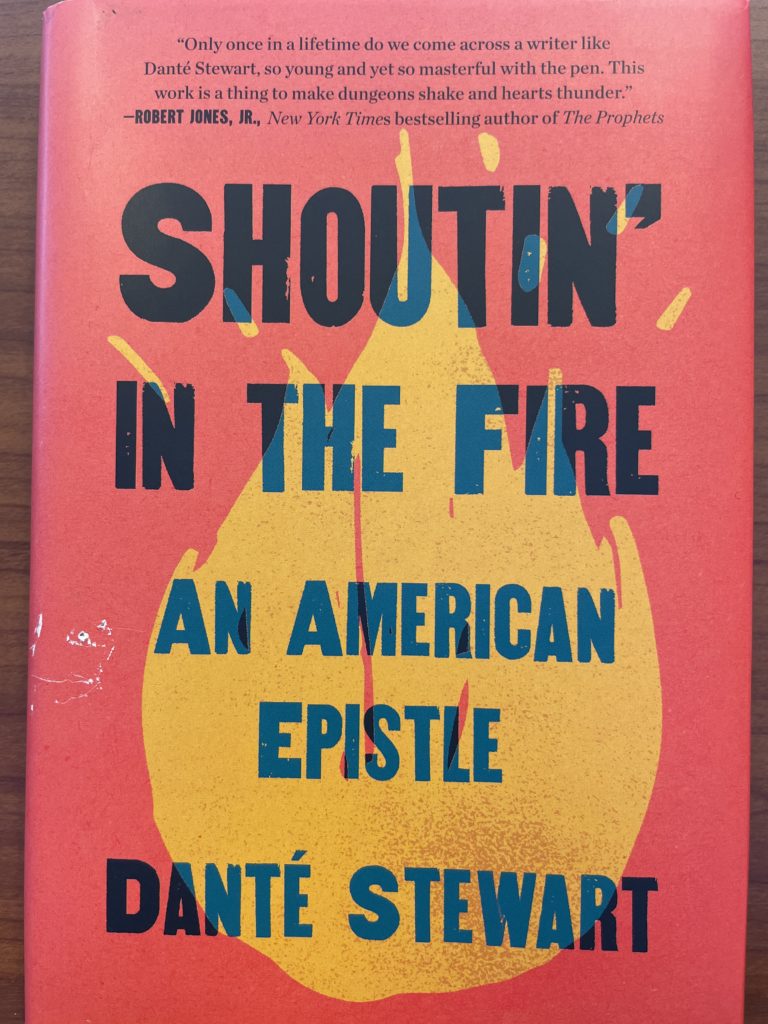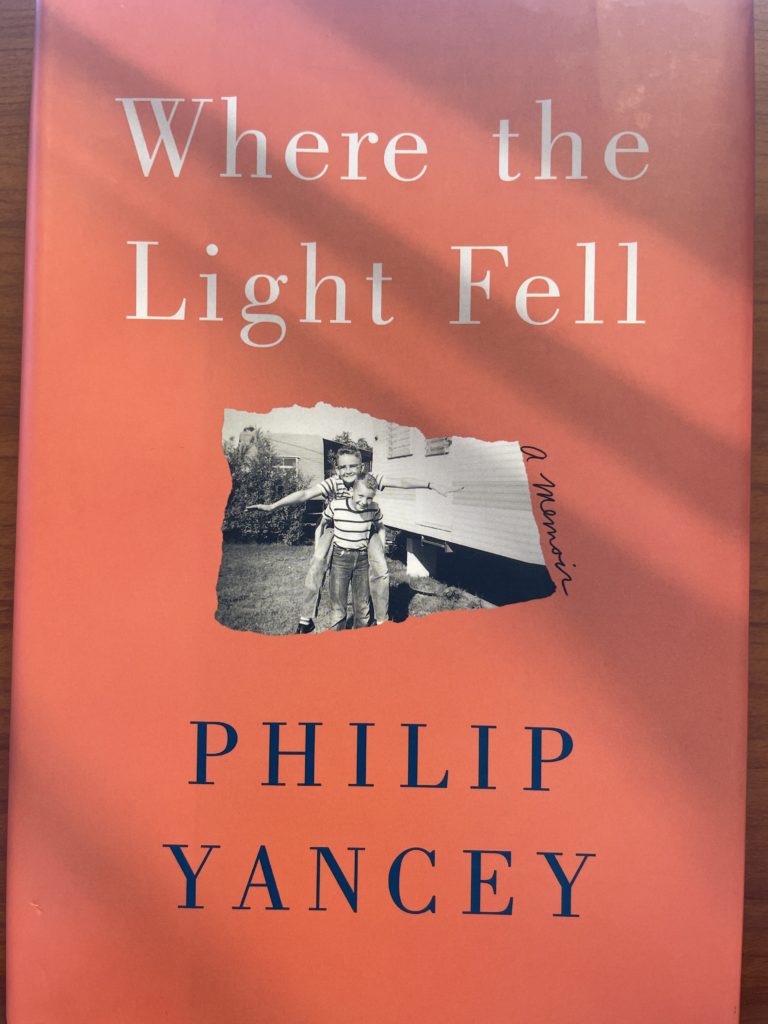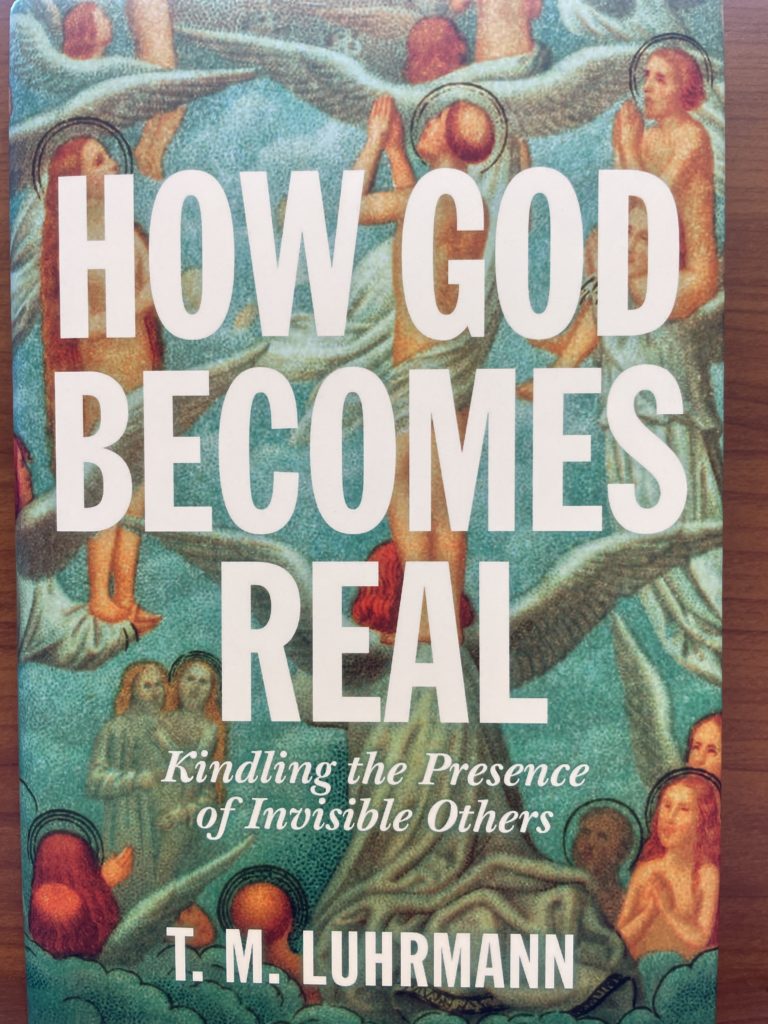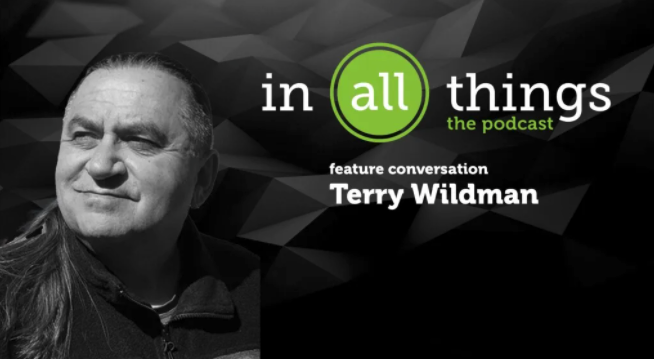Every year I set a goal to read 60 books (for class, for research, and for pleasure). Having just crossed the finish line, I’ve been reflecting on my year of reading. This means lamenting the lack of fiction (only 10) and poetry (0!) and making plans to do better in 2022 (I’m open to suggestions!)
But the more enjoyable part has been considering which books have been the most generative for me this year. As George MacDonald writes, “The best thing you can do for your fellow… is not to give him things to think about, but to wake things up that are in him; or say, to make him think things for himself.” So, here are ten outstanding books I read in 2021 that “woke things up,” igniting my heart, mind, and imagination.

1. Prayer in the Night By Tish Harrison Warren (IVP, 2021)

Tish Warren’s book was one of the first books that I read this year. And it held its place in the top five throughout the year. The book is a meditation on the evening Compline prayer: “Keep watch, O Lord, with those who work, or watch, or weep this night…” I have often recommended this book, and it was the subject of the very first episode of the In All Things podcast. (One great blessing is that as the host of a podcast, I often have the opportunity to reach out to some of these authors and talk with them about their books. I will link to those below.)
To hear my conversation with Tish, click here.
2. Art and Faith by Makoto Fujimura (Yale University Press, 2021)

Mako, in my opinion, is not only one of the best guides to art and the imagination, but also one of our best guides to cultural engagement (culture care). He shows us how to criticizing by creating, “casting down imaginations” by casting forth more capacious visions. The genius of this book is the way that it takes the shortest verse in the Bible, “Jesus wept,” as the pivotal verse for the Theology of Making. In Jesus’s tears, Mako writes, we see divine extravagance and grace, a grace that grieves, but also invites into the creativity of the new creation.
You can read my review here and listen to my conversation with Mako here.
3. God of the Garden by Andrew Peterson (B&H, 2021)

I have long been a fan of Peterson’s music, and greatly enjoyed his earlier book on creativity, Adorning the Dark. This new book allows us to look over Peterson’s shoulder when, after years of touring, the pandemic forced him to stay in one place. If Adorning the Dark shows us the creative imagination on the move, God of the Garden shows us how to stop, look around, and take seriously the glory that is already in our neighborhood.
To listen to my (in person!) conversation with AP, click here.
4. Shoutin’ in the Fire by Danté Stewart (Convergent, 2021)

I came to this book after seeing the rave reviews from early readers, especially Kristen Du Mez. This memoir is Stewart’s first book, a vulnerable exploration of what it means to be Black and Christian in America. This book was generative not only because of the distinctive voice and luminous writing, but also because it introduced me to a body of contemporary Black literature with which I was almost completely unfamiliar.
To listen to our interview with Stewart, click here.
5. First Nations Version ed. Terry Wildman (IVP, 2021)

I’m not sure if it’s cheating to choose a translation of the New Testament as one of my books, but this new translation of the New Testament – by an indigenous translation team – really opened up the Scriptures to me this year. It is easy to forget how much of the world is contained in our words, and how familiarity can obscure the depth of meaning. This translation is a gift, not only for the indigenous peoples of North America, but for the “entire sacred family” and I will keep returning to this translation in years to come.
You can read my review here, and listen to our interview with the lead translator, Terry Wildman here.
6. Reformed Public Theology ed. Matthew Kaemingk (Baker Academic, 2021)

This book of essays – dedicated to my mentor Rich Mouw – represents a critical way forward for my own theological tradition. The Dutch character of the tradition must still be taken seriously, but the authors assembled here show a multitude of ways that Kuyperian intuitions have taken root in diverse cultural contexts and institutions. The capacious spirit of these essays is a welcome alternative for the stinginess often associated with the Reformed movement (often for good reason). Over and over as I read the book, I found myself nodding and saying, “this is why I’m Reformed.” May the tribe increase!
You can read my review here and listen to our interview with Rich and Matt here.
7. Where the Light Fell by Philip Yancey (Convergent, 2021)

I’ve always enjoyed Yancey’s writing; Soul Survivor has long been my favorite book of his. This book is every bit as good, not least because it is more painful and personal. Here Yancey writes about his family: the father who died in an iron lung when he was very young, the mother who to this day refuses to read his work, the genius brother who went in the opposite direction than the author. My own family situation was much healthier and happier than Yancey’s, but I felt deep resonance with many elements of his story. It completely absorbed me; I read it in a single sitting on a Sunday afternoon.
8. After Whiteness by Willie James Jennings (Eerdmans, 2020)

Jennings’s earlier book The Christian Imagination is one of the five best works of theology I’ve ever read. This shorter book continues in the same way, but is also more intimate, focused, and constructive. Jennings incisively shows how theological education has been defined by “mastery, possession, control, and self-sufficiency” (shorthand: whiteness) and re-imagines theological education with an emphasis on vulnerability, communion, and belonging. I’m still working though all the implications of this book for my vocation.
9. How God Becomes Real by Tanya Luhrmann (Princeton University Press, 2020)

Luhrmann’s earlier book When God Talks Back, in which the author embeds herself in a charismatic Christian community, is another of my favorite books. This book expands its scope to describe the experience of the presence of “invisible others.” Luhrmann, who does not identify as a Christian, continues presenting her anthropological research on how spiritual practices prime worshippers to experience unseen agents (gods and spirits) as real presences, so that they become a significant (maybe the most significant) social relationship. Luhrmann’s phenomenological analysis neither assumes nor rules out the possibility that they “really real,” making for an illuminating study that is a must-read for those interested in the psychology of prayer and spiritual formation.
10. Redeeming Expertise by Josh Reeves (Baylor University Press, 2021)

This was one of the last books that I read this year, and it is also one of the most important for framing the challenges that lie ahead. This year I have been troubled at the rejection of scientific expertise by so many in the Christian communities where I make my home. Healthy skepticism is proper, of course, but when Christians reject the hard-won wisdom of institutional expertise (especially in the sciences), we are too easily deluded by charismatic outsiders who make authoritative pronouncements without checks and balances of any kind. Reeves’s book has me thinking about how fundamental trust is to human knowledge, what happens when trust breaks down, and how it could be restored. Be on the lookout for an interview with the author early in 2022!






